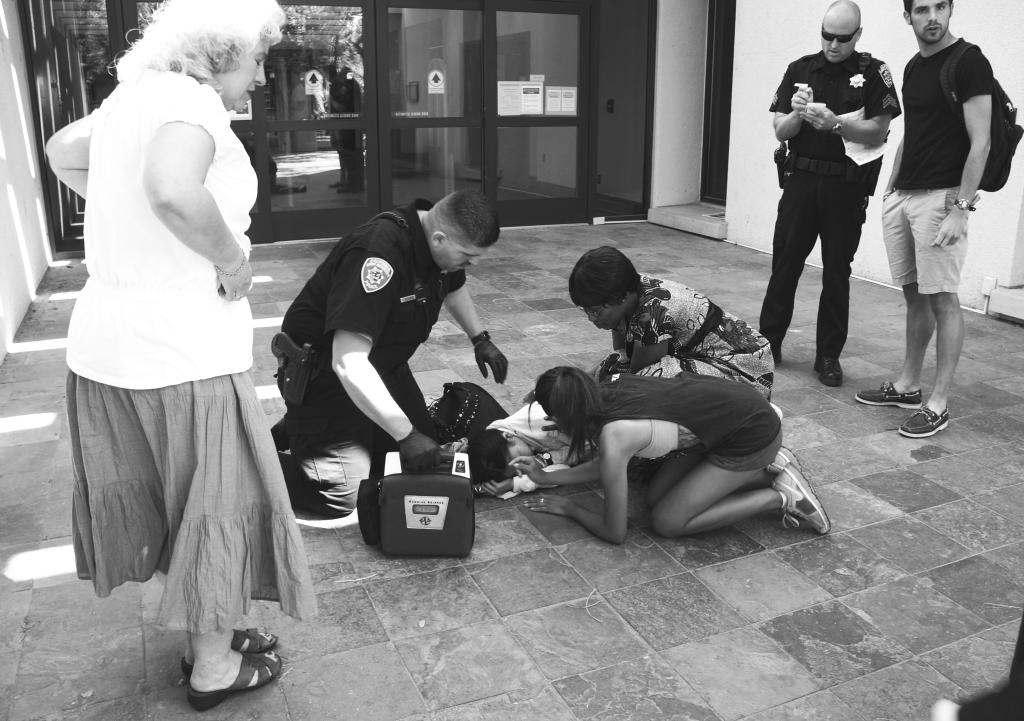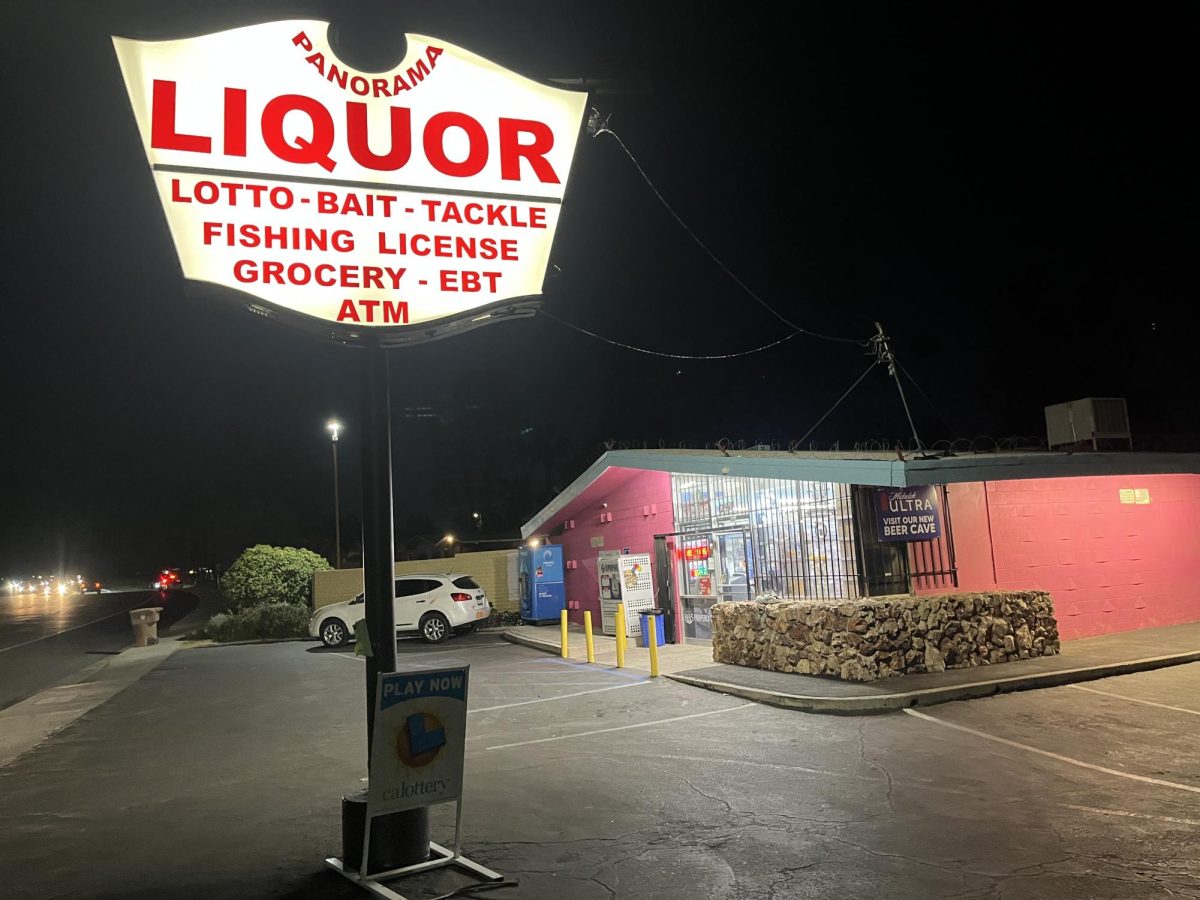Alex Ripepi
Staff Writer
In an interview with Officer Jesus Navarrete, I was proud to discover that expectations of the campus police are typically within reason. Being the cynical person that I am, I thought at least half of the requests they receive about prospective crimes would be totally unreasonable, and I was pleasantly surprised when I learned that students are often level headed in their expectations.
“Most people understand there is a process to it,” said Navarrete regarding criminal investigation.
In light of this, I asked Navarrete what were some of the most commonly misunderstood aspects of the police department. He responded by saying that first and foremost, the potential to gather evidence is heavily overestimated.
“One expectation is that we have cameras throughout campus,” Navarrete said when asked about students’ most common misconceptions.
He mentioned that the ideal for evidence collection would definitely include more cameras around campus but admitted that, with the budget for the department being tight, that isn’t possible. As of now, we have cameras placed in specific areas around campus that have been determined more probable to catch criminal activity.
While on the subject of misunderstood evidence gathering, he mentioned that the tracking of cell phones cannot be done without probable cause of a crime. As for dusting for fingerprints, this process is often depicted as less fallible than it really is, and using DNA evidence in order to make a case is often times a costly route. He followed this by saying that popular television crime shows such as C.S.I. give people false ideas about procedures of evidence collection.
Navarrete also mentioned that people often misinterpret when the police can arrest a person involved in a possible crime scenario. He specifically noted that cases of he-said she-said can’t always be taken seriously, and that in order to ensure an arrest, probable cause for a real crime must be present.
In addition to the lack of knowledge about when an arrest is appropriate, many students don’t even care what happens in the case of a theft, Navarrete said. Personally, I believe this impedes the judicial process because there are no serious repercussions. With no negative incentive, the lesson is glossed over, and most likely won’t make a big enough impression to stop further crime.
Although cases are dropped sometimes due to the victim’s discretion, Navarrete assured that if a serious crime occurs on campus in view of an officer, the victim doesn’t have the discretion to drop charges. The case will go to the office of the Kern County District Attorney, and from there the case is found to be pursuable or is dropped.
I asked Robert Tinnin, a pre-med sophomore, what his process would be if he were the victim of a theft on campus.
“If it was something expensive or valuable to me, I would go to the campus police and ask if they could do anything about it. I would expect them to act like any other police department. I mean they have to do something other than give out parking tickets, right,” said Tinnin, joking.
In addition to the ability to file a report, many crime prevention programs are detailed in the Jeanne Clery Act Disclosure of Campus Crime Statistics report, available through the CSUBPD website. As well as these programs, the site offers an annual crime report. According to the latest report, in 2011 only 14 crimes occurred on the CSUB Bakersfield campus. On the Antelope Valley campus, there were crimes listed for 2011.
It’s definitely a good thing that the general expectation of our police department is reasonable, and I expect that it keeps the campus police from becoming cynical about dealing with campus crime. Just remember that the CSUBPD can’t fix everything, and that even when something seems hopeless, you can at least file a report.





